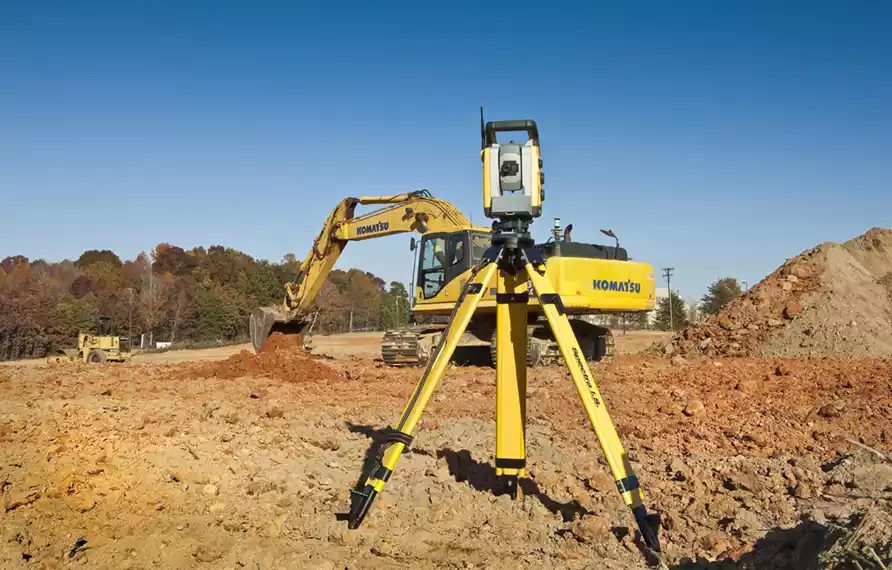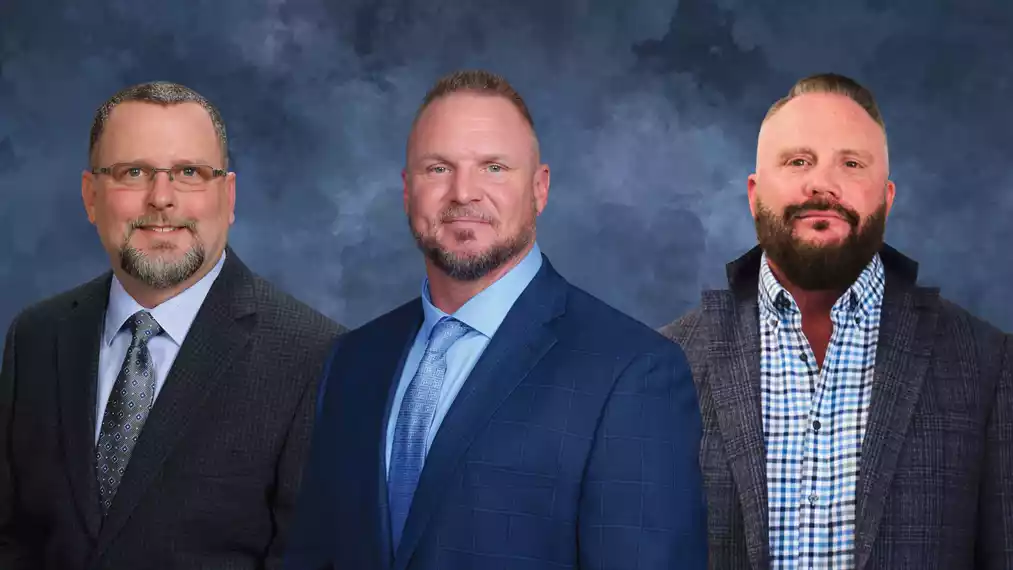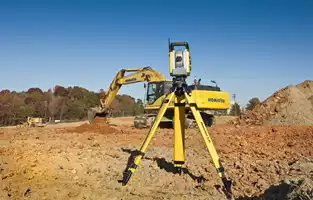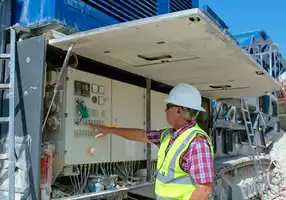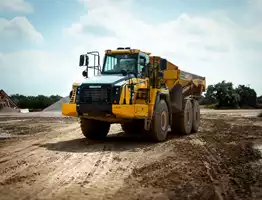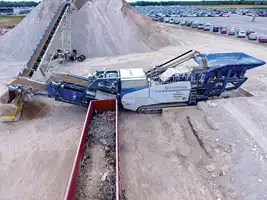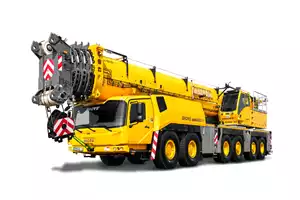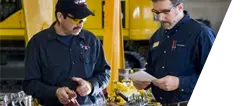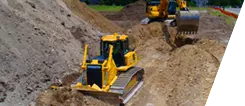When the demand for fuel decreased during the COVID-19 pandemic, Joe Trapani led efforts to expand the services of the Pipeline Division at Kirby-Smith Machinery Inc. He found new opportunities in the renewable energy segment and now serves as vice president and general manager of the company’s new Energy Services, which is focused on supporting the growing wind and solar construction markets, as well as large-scale energy transmission and pipeline construction.
Through the new division, “We can help with most construction equipment needs — big or small — from building roads to crushing rock, lifting towers, digging trenches, transporting materials and dirt, and loading trucks,” Trapani said.
Born in St. Louis, Trapani graduated from the University of Missouri–Rolla (now known as Missouri University of Science and Technology) in 1981 with a bachelor’s degree in engineering management and has worked his entire career in the construction machinery business.
Over the last 15 years, Trapani focused on services for energy contractors. In 2016, he joined Kirby-Smith to grow its new Pipeline Services Division, providing equipment and support nationwide to customers in the mainline, regional and local pipeline construction industry.
In his interview with Texas Contractor magazine, Trapani shares the lessons he learned throughout his career and how Kirby-Smith set up its new Energy Services to address the ongoing challenges faced by contractors.
What’s the best advice you ever received?
If you always do what you’ve already done, you’ll always get what you already got.
Who has been the biggest influence on your career?
Many excellent managers along my journey added a piece to my education. My leadership skills were influenced by one of my previous managers.
What lessons have you learned in your professional life?
I’ve learned many lessons over the years, including patience, leadership, managing people, developing a plan, understanding customer’s applications, setting targets, and treating customers with respect.
What professional achievement makes you proudest?
I’m proud of the development, implementation and execution of Kirby-Smith’s Pipeline Services. It’s grown beyond my wildest dreams.
When was Kirby-Smith’s Energy Services Division formed?
Energy Services was envisioned in 2020 during the pandemic lockdown and the downturn in demand for fuel. We knew we had to expand our focus beyond pipelines to similar industries, so we started looking at the renewable energy segment. I visited project sites and interviewed customers and numerous suppliers. Through those activities, I learned that the renewable energy segment is very similar to the pipeline segment — contractors are transient, work remotely on projects that last six to 12 months, and they enjoy personal relationships. They’re loyal to dealers that follow them from project to project and understand their business.
How is your team organized?
We’re not headquartered in any specific location. Our team members work from their homes and travel most of the time, visiting projects and customers’ corporate offices. We work closely with Kirby-Smith’s different branches, utilizing Dallas as our administrative and rental resource. However, our services are not geographically restricted; we follow contractors throughout the U.S.
What makes your services unique?
First, it’s our depth and scope of complementary products and the size of our rental fleet — a one-stop shop for contractors. We have one of the largest Komatsu rental fleets in the U.S. and we’re ranked among the top 50 companies in the Rental Equipment Register. When customers work outside our geographical territories, we partner with local dealers. Our services are fully scalable to meet customers’ equipment needs, such as on-site parts and service support. Most importantly, we truly care about our customers. We provide a single point of contact for all communication and customer concerns. In addition, our service department brings a high sense of urgency because they understand what downtime means for our customers.
What challenges do you see ahead for the energy sector?
I don’t think there are any new challenges. Energy companies are always challenged, and the challenges change as federal administrations change. However, there are issues unique to the industry that we understand and support, including constantly changing site conditions, often in isolated environments subject to extreme weather conditions; stringent environmental and safety regulations; production requirements; and pressure from time and budget constraints.


